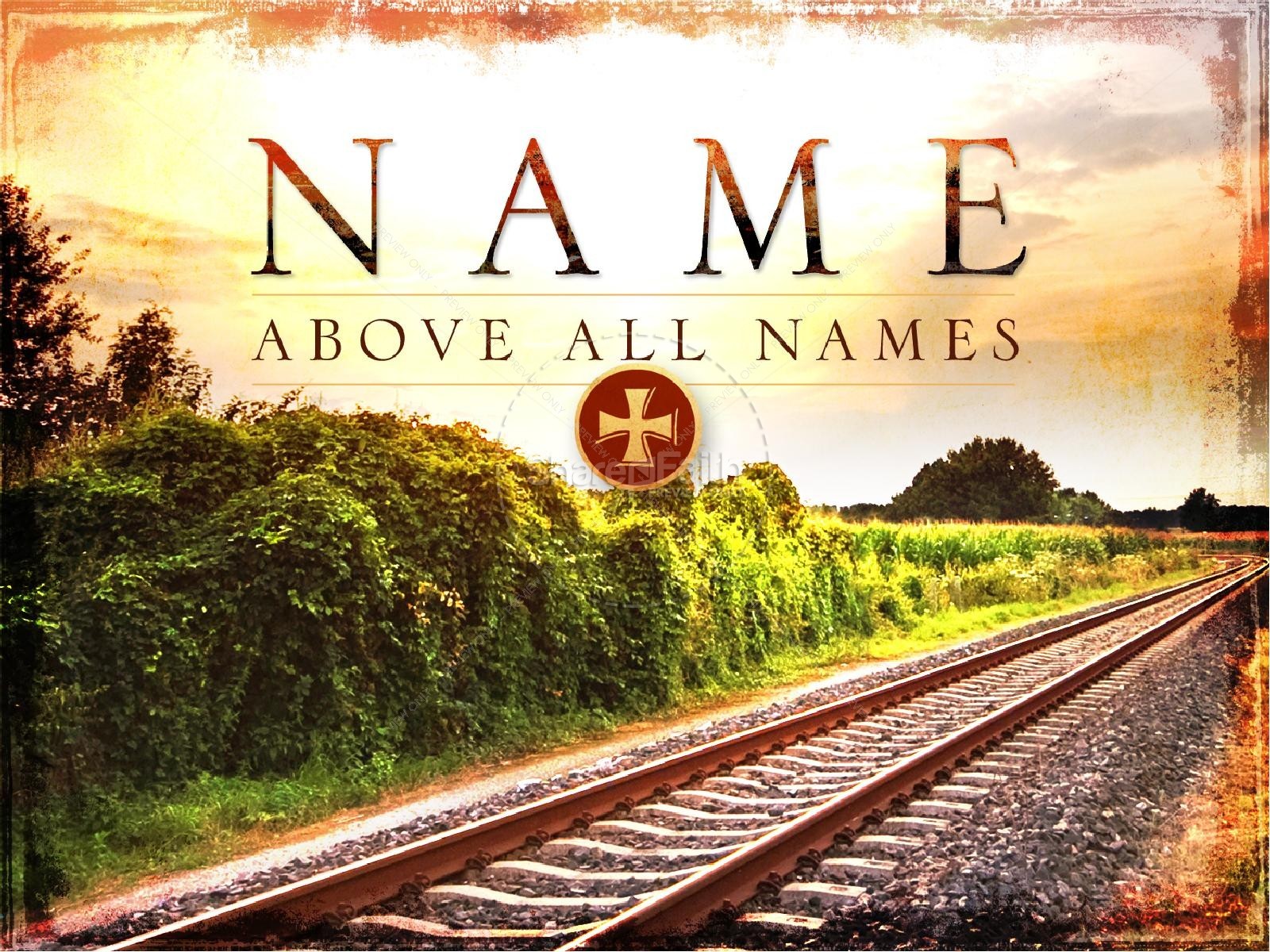WEEKLY SCRIPTURE READINGS
BE BLESSED BY GOD’S WORD THROUGHOUT THE WEEK
13
Jan '20

Powerful Names of the Most-High God!
13
Jan '20

SCRIPTURE READINGS FOR DECEMBER 29 – JANUARY 4, 2020
MEDITATION: POWERFUL NAMES OF THE MOST-HIGH GOD!
The Most-High, All Sufficient-All knowing One, Master, Lord of Peace, Jehovah, the Provider; the Great I AM…He is the Almighty God, who knows each one by name! Shouldn’t we also know Him by His and reverence him accordingly? Leviticus 22:32 (NLT) says: “Do not bring shame on my holy name, for I will display my holiness among the people of Israel. I am the LORD who makes you holy.” Exodus 20:7 (AMP) says: “You shall not take the name of the LORD your God in vain [that is, irreverently, in false affirmations or in ways that impugn the character of God]; for the LORD will not hold guiltless nor leave unpunished the one who takes His name in vain [disregarding its reverence and its power]”
Sunday 29 Exodus 17
Monday 30 Revelation 1
Tuesday 31 Isaiah 54
Wednesday 1 Psalm 9
Thursday 2 Philippians 2
Friday 3 Jeremiah 23
Saturday 4 Hebrews 1
DAILY FOCUS
SUNDAY 29
EL ELYON (The Most-High God) Elyon literally means “Most High” and is used quite substantively throughout the Old Testament. It expresses the extreme sovereignty and majesty of God and His highest preeminence. When the two words are combined – El Elyon – it can be translated as “the most exalted God” “I cry out to God Most High, to God who will fulfill his purpose for me.” Then Melchizedek king of Salem brought out bread and wine. He was priest of God Most High, 19 and he blessed Abram, saying, “Blessed be Abram by God Most High, Creator of heaven and earth.”
Psalm 57:2 (NLT) Genesis 14 Vs 18-19(NIV)
MONDAY 30
JEHOVAH RAPHA (The Lord who Heals) Jehovah is translated as “The Existing One” or “Lord.” The chief meaning of Jehovah is derived from the Hebrew word Havah meaning “to be” or “to exist.” It also suggests “to become” or specifically “to become known” – this denotes a God who reveals Himself unceasingly. Rapha (râpâ’) means “to restore”, “to heal” or “to make healthful” in Hebrew. When the two words are combined – Jehovah Rapha – it can be translated as “Jehovah Who Heals;” “And said, If thou wilt diligently hearken to the voice of the LORD thy God, and wilt do that which is right in his sight, and wilt give ear to his commandments, and keep all his statutes, I will put none of these diseases upon thee, which I have brought upon the Egyptians: for I am the LORD that healeth thee.” Exodus 15 Vs 26 (KJV)
TUESDAY 31
EL OLAM (The Everlasting God; the God of Eternity; the God of Ancient Days) El is another name that is translated as “God” and can be used in conjunction with other words to designate various aspects of God’s character. Olam derives from the root word ‘lm (which means “eternity”). Olam literally means “forever,” “eternity,” or “everlasting”. When the two words are combined – El Olam – it can be translated as “The Eternal God;” “And Abraham planted a grove in Beersheba, and called there on the name of the LORD, the everlasting God.” Genesis 21 Vs 33 (KJV)
WEDNESDAY 1
JEHOVAH SHAMMAH (The Lord is There) Shammah is derived from the Hebrew word sham, which can be translated as “there.” Jehovah Shammah is a symbolic name for the earthly Jerusalem. The name indicates that God has not abandoned Jerusalem, leaving it in ruins, but that there will be a restoration. “It was round about eighteen thousand measures: and the name of the city from that day shall be, The LORD is there.” Prayer has no distance—God is Omnipresent. Pray for the nations around the world; Pray and weep for lost souls! Ezekiel 48 Vs 35 (KJV)
THURSDAY 2
JEHOVAH JIREH (The Lord will Provide) Jehovah-Jireh is a symbolic name given to Mount Moriah by Abraham to memorialize the intercession of God in the sacrifice of Isaac by providing a substitute for the imminent sacrifice of his son; “Abraham named the place Yahweh-Yireh (which means “the LORD will provide”). To this day, people still use that name as a proverb: “On the mountain of the LORD it will be provided.” Genesis 22 Vs 14 (NLT)
FRIDAY 3
JEHOVAH SHALOM (The Lord is Peace) Shalom is a derivative of shâlêm (which means “be complete” or “sound”) Shalom is translated as “peace” or “absence from strife.”Jehovah-Shalom is the name of an altar built by Gideon in Ophrah; “Then Gideon built an altar there unto the LORD, and called it Jehovah shalom: unto this day it is yet in Ophrah of the Abiezrites.” Judges 6 Vs 24 (KJV)
SATURDAY 4
JEHOVAH MEKODDISHKEM (The Lord Who Sanctifies You) Mekoddishkem derives from the Hebrew word qâdash meaning “sanctify,” “holy,” or “dedicate.” Sanctification is the separation of an object or person to the dedication of becoming Holy. When the two words are combined – Jehovah Mekoddishkem – it can be translated as “The Lord who sets you apart;” “But as for you, say to the Israelites, ‘You shall most certainly observe My Sabbaths, for it is a sign between Me and you throughout your generations, so that you may know [without any doubt] and acknowledge that I am the LORD who sanctifies you and sets you apart [for Myself].” Exodus 31 Vs 13 (AMP)
WORD OF ENCOURAGEMENT: Exodus 6:3 (AMP) says: I appeared to Abraham, to Isaac, and to Jacob (Israel) as God Almighty [El Shaddai], but by My name, LORD, I did not make Myself known to them [in acts and great miracles].”
Read more...

